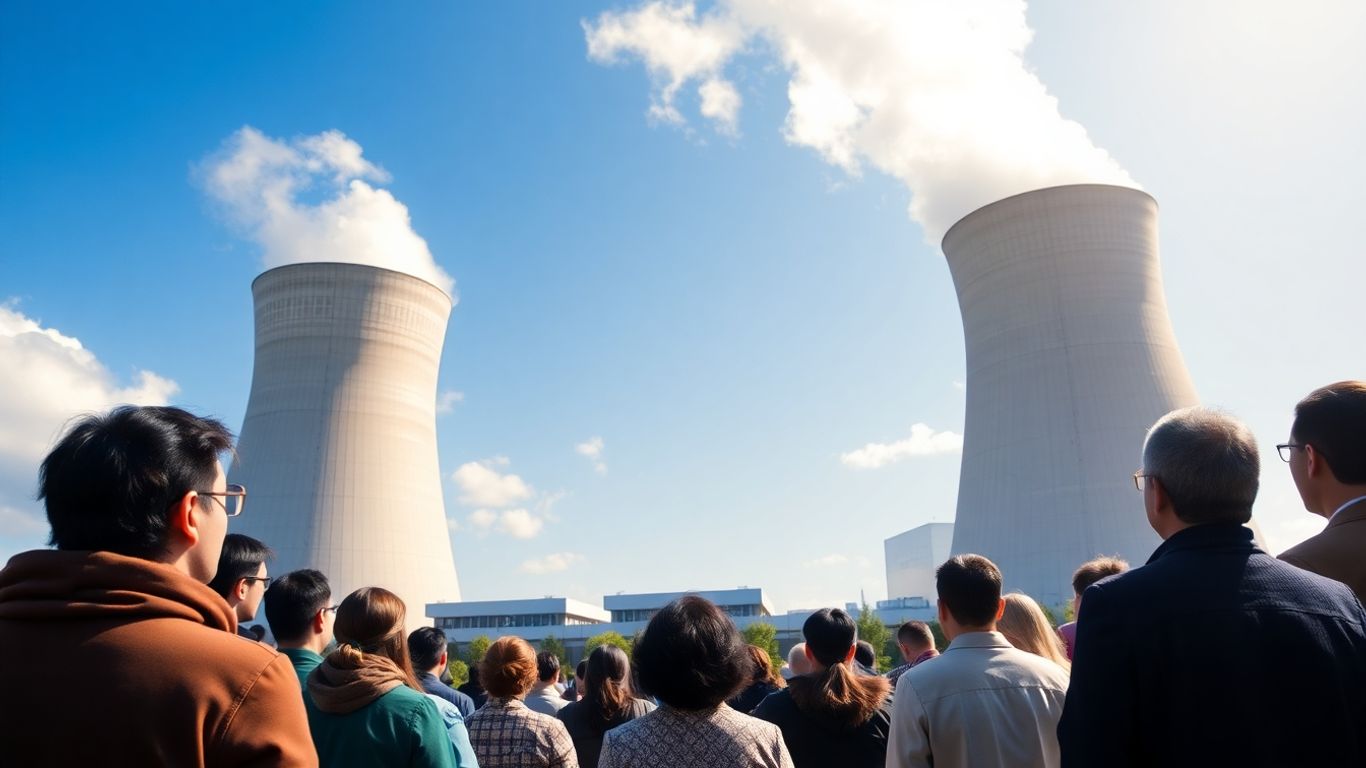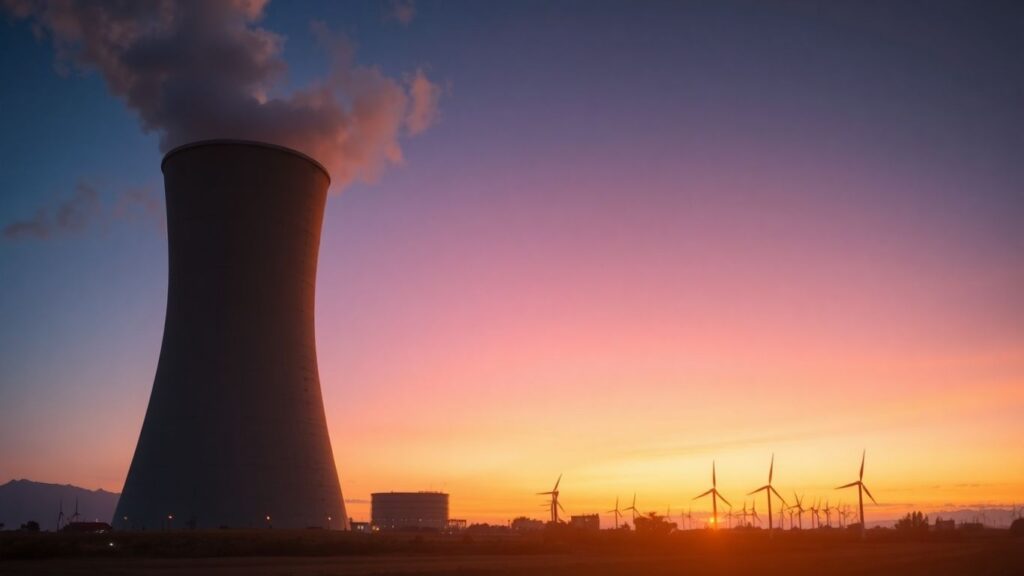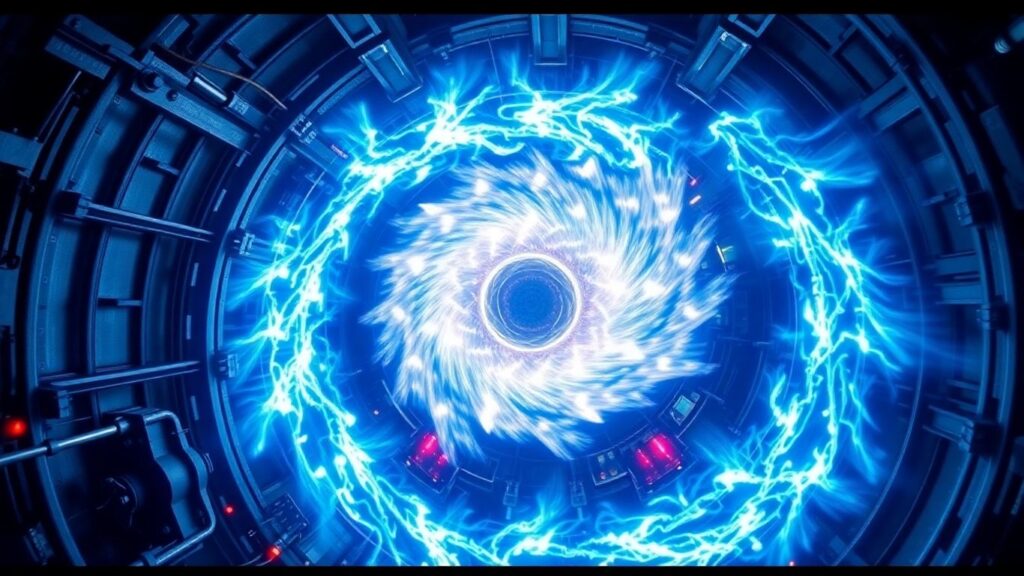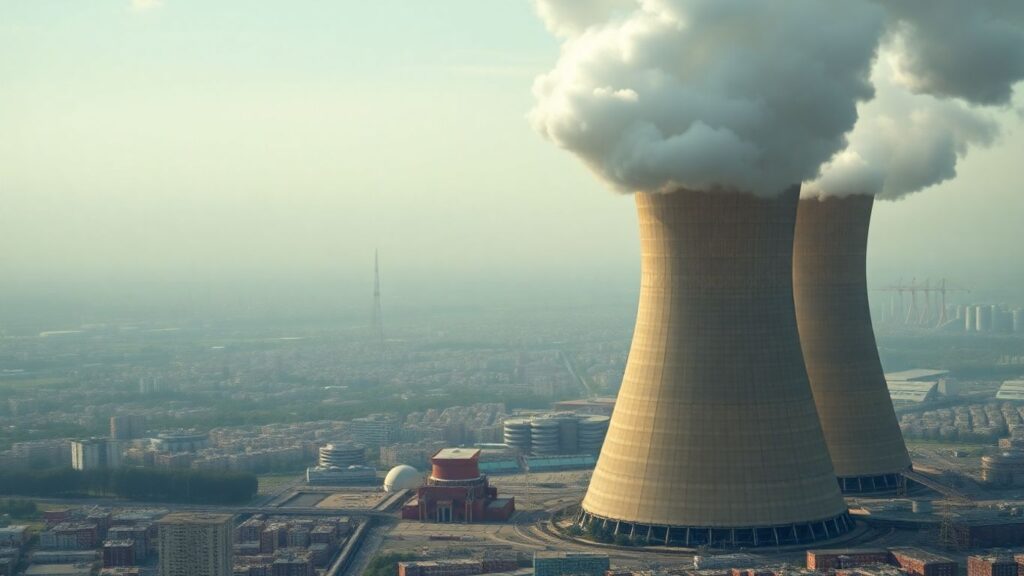Recent surveys show a significant upswing in both public and political support for nuclear energy in the United States, reaching levels not seen in decades. This shift reflects changing perceptions driven by concerns about energy security, climate change, and the advancement of nuclear technologies.
Key Takeaways
- National support for nuclear energy is at or near record highs, with 61% of Americans in favor.
- Both Republicans and Democrats have grown more receptive, narrowing the partisan gap on nuclear issues.
- Support for renewables remains strong, but nuclear is seen as a crucial component of a secure, low-carbon energy future.
- Acceptance is higher among men and older adults, yet interest is growing across demographic groups.
Public Support Reaches New Heights
According to multiple recent polls, including those by Gallup and Pew Research Center, public favorability towards nuclear energy has climbed to 61%, just shy of the record set in 2010. The growth is attributed mainly to rising support among Republicans and independents, but significant increases have also been observed among Democrats over the past four years.
Regional surveys, such as a Bexar County study in Texas, found even stronger local support, with 65% backing nuclear energy—higher than the national average. This surge mirrors broader national policy trends emphasizing energy diversification and carbon reduction.
Shifting Attitudes and Demographics
While historically, nuclear energy has faced skepticism—often amplified after high-profile accidents—recent polling suggests this perception gap is narrowing. A majority now believe their community favors nuclear, a reversal from the past. Men continue to be more supportive than women (70% vs. 44%), and older adults outpace their younger counterparts.
Political affiliation remains a factor: nearly three-quarters of Republicans and two-thirds of Republican-leaning independents support expanding nuclear. Among Democrats, support is more divided but steadily rising—up 12 points since 2020.
The Role of Nuclear in America’s Mixed Energy Future
Most Americans agree that a reliable, low-carbon energy system requires a blend of sources. Three-quarters believe all carbon-free options, including nuclear, should be used to meet power needs and limit emissions. Though solar and wind are more popular, nuclear is increasingly recognized as essential for ensuring stable electricity and reducing greenhouse gases.
Despite high favorability, fewer Americans feel well-informed about nuclear energy than about other sources, highlighting the importance of education and outreach. The more knowledge people have, the more likely they are to support nuclear energy expansion.
Policy Momentum and Industry Actions
The growing public consensus is reflected in policy. Recent bipartisan legislation aims to ease financial and regulatory hurdles for new reactors. Tech giants are investing in nuclear to power energy-intensive data centers, while efforts are underway to revive older plants and launch advanced reactor designs.
Currently, the U.S. has 94 operational reactors, accounting for nearly one-fifth of electricity generation. While the total number of reactors has declined since the 1990s peak, new interest promises a potential resurgence—if regulatory, educational, and safety concerns are addressed alongside public enthusiasm.
Sources
- Opinion survey finds community views on nuclear energy are positive, exceeding national trends, UT San Antonio.
- Nuclear Energy Support Near Record High in U.S., Gallup.
- Majority of Americans support more nuclear power in the US, Pew Research Center.
- Public opinion on nuclear energy: Turning a corner? — ANS, American Nuclear Society.












